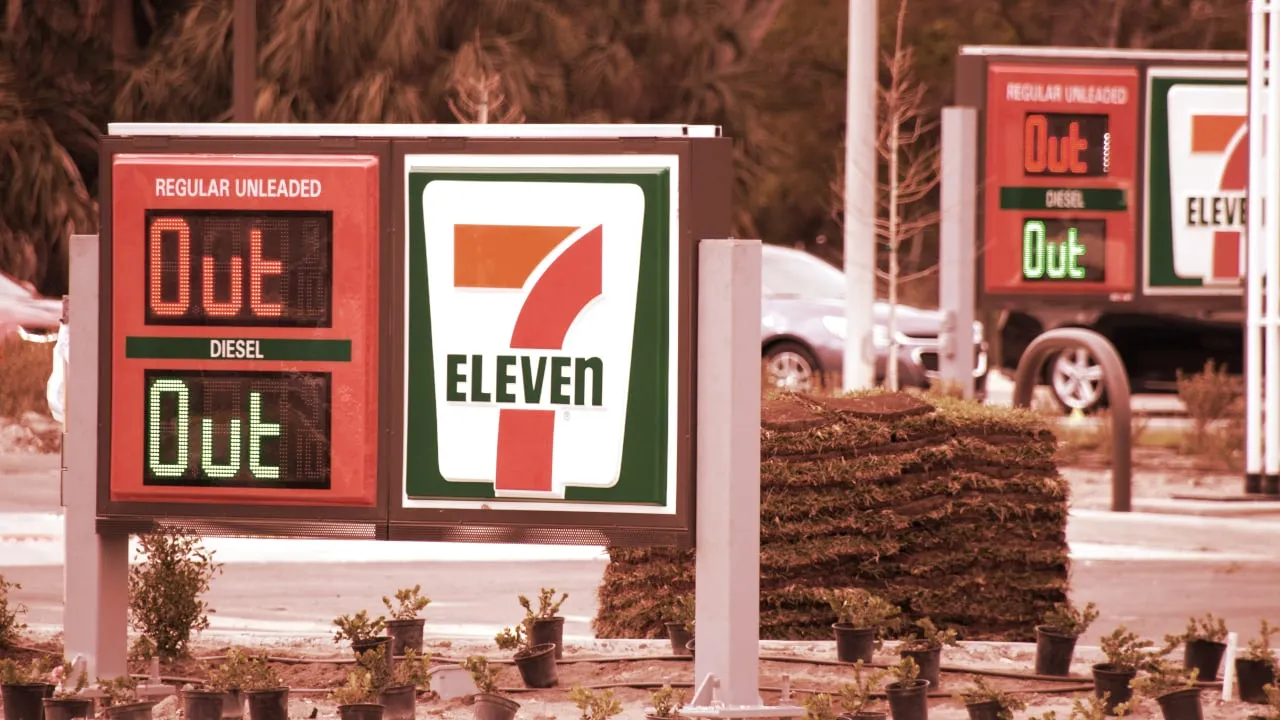In brief
- The Colonial Pipeline was forced to shut down last week in the wake of a ransomware attack, creating a gasoline shortage across the southeastern United States.
- Reports earlier this week suggested the company didn’t plan to pay the ransom.
Colonial Pipeline, the company responsible for providing much of the U.S. east coast's gas supply, shelled out almost $5 million in "untraceable cryptocurrency" to the hackers who took down its network last week, according to a report from Bloomberg which cited anonymous sources.
Georgia-based Colonial operates a crucial pipeline for gasoline and jet fuel delivery in the U.S.—it was forced to shut down after the ransomware attack, creating fuel shortages across the Southeast.
Reports earlier this week suggested the company wasn’t planning on paying a ransom, but Bloomberg’s report said Colonial made the payment “within hours” of the attack, and that “U.S. government officials are aware that Colonial made the payment.”
“Untraceable cryptocurrency” doesn’t ordinarily refer to something like Bitcoin, which records all transactions on a public ledger. Smarter criminals tend to prefer so-called “privacy coins,” like Zcash and Monero, which better obfuscate the digital paper trail.
The New York Times, however, reports that the hackers—part of a group called DarkSide—did use Bitcoin after all. DarkSide takes both Bitcoin and Monero.
On Wednesday morning, Transportation Secretary Pete Buttigieg called the hack a “wake up call,” and underscored the need for more resilient infrastructure.
“Ransomware” is a type of malicious computer program that can freeze or otherwise cripple a system until a payment is made. In the case of Colonial Pipeline, Bloomberg reports that attackers “provided the operator with a decrypting tool” to restore the network once the money had been transferred, but the tool was mostly ineffective; the company ended up relying on its own backups to restore the system.
Crypto payments via ransomware attacks grew by 311% in 2020, according to data from the blockchain analytics firm Chainalysis.
Editor's note: This article was updated after publication to clarify that the cryptocurrency payment was made in Bitcoin, according to The New York Times.
Daily Debrief Newsletter
Start every day with the top news stories right now, plus original features, a podcast, videos and more.

